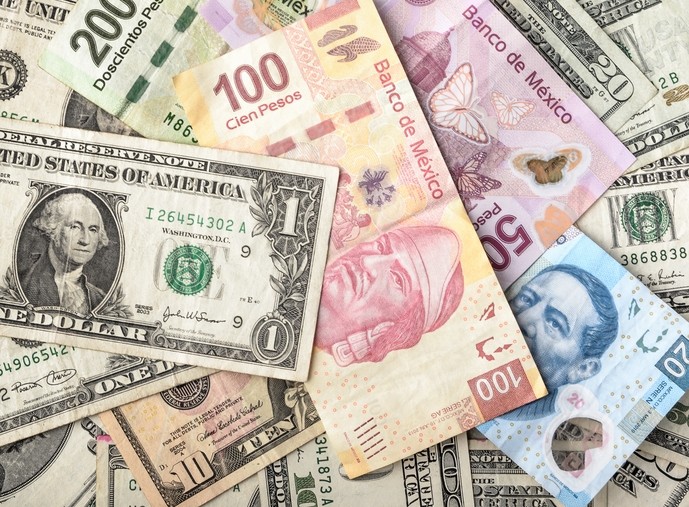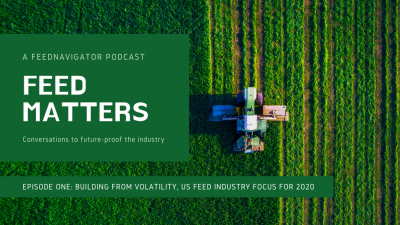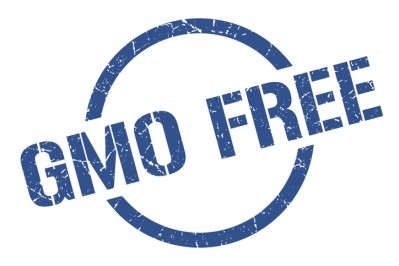US feed organizations want the topic of agriculture and food included in any trade talks with the EU

More than 50 feed and agricultural producer associations, in the National Grain and Feed Association (NGFA) and the American Feed Industry Association (AFIA) signed on to the letter to the office of the US Trade Representative (USTR). They want agriculture to feature in trade talks with the EU.
The groups all said they were in favor of efforts to negotiate a trade agreement with the EU that “achieves reciprocity” for the bilateral trade relationship between both the US and EU. However, they stressed that addressing trade of agricultural products must be part of the discussion.
“Our organizations could not fairly represent our members if we were to support even the launching of negotiations with the EU on those terms, let alone support congressional approval of a deal that excludes provisions that resolve measures restricting or preventing access to the European market for high-quality, safe American farm and food products,” the organizations said in the letter.
The groups would to see the negotiations address barriers to agricultural trade that may be “politically expedient but scientifically unjustified or overly restrictive,” they said.
The NGFA along with the North American Export Grain Association (NAEGA) also submitted a series of comments regarding why agriculture should be part of upcoming talks between the US and EU in December.
“We’ve been submitting comments on every potential trade agreement – but the reasons that this one, in particular, is important to us is, quite frankly, we think they could be taking even more of our grain and feed,” said Max Fisher, director of economics and government relations with NGFA.
The EU sometimes overuses its precautionary principle, he told us.
“An example would be on GMOs,” he said. “Their biotech approval process is not as science-based as ours here in the US, which makes it a little challenging to get import approvals done on a timely basis [so that we can] send our grains over there – particularly soybeans; we do send soybeans, but it’s a challenge.
"We’d like to see their biotech approval process to be more reflective of the one in the US.”
Resolving these trade barriers would create the potential for many NGFA- and NAEGA-member companies to ship significantly larger quantities of agricultural products to the EU, increase US employment and help reduce the current negative trade balance, said the associations.
Following sending of comments and the letter to the US trade representative, the association is now awaiting the publication of the USTR's objectives for the negotiation process.
Background
Under President Obama, the US launched talks on a trade deal with the EU, the so-called Transatlantic Trade and Investment Partnership (TTIP). Agriculture already proved a contentious issue during those negotiations, with the parties involved failing to reach a deal by the end of his presidency.
Trump then launched new talks with the EU last year. July 2018 saw European Commission head, Jean-Claude Juncker, and Trump announce a ‘new phase’ in EU-US relations, after more than two hours of talks at the White House:
“We agreed today, first of all, to work together toward zero tariffs, zero non-tariff barriers, and zero subsidies on non-auto industrial goods. We will also work to reduce barriers and increase trade in services, chemicals, pharmaceuticals, medical products, as well as soybeans.”
They also committed to resolving the steel and aluminum levy issues and retaliatory tariffs.
Indeed, EU feed industry representatives, FEFAC, welcomed the EU-US statement on strengthening trading relationships and increasing soybean purchases from the US.
As part of the deal, the EU pledged to buy more soybeans and liquefied natural gas (LNG) from the US, with it doing so, doubling its imports of US soybeans since July, while its LNG imports also increased by more than 50% during the same period.
However, it is being reported that EU officials have been reluctant to include US agriculture in future trade talks.












